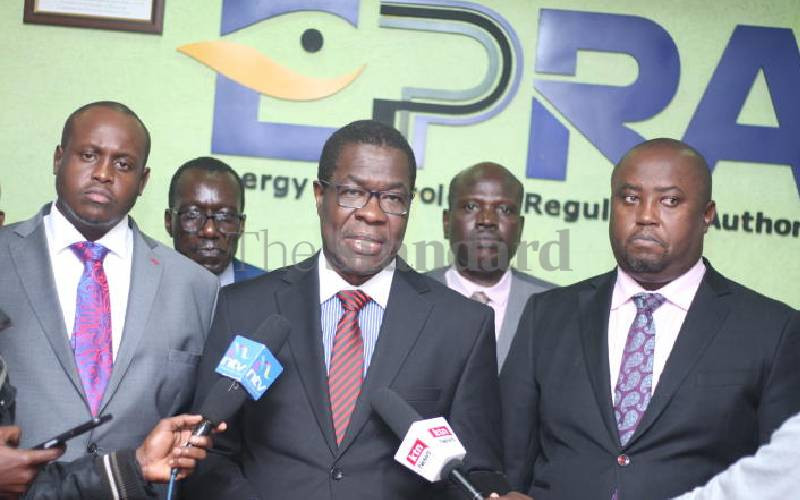
The Energy and Petroleum Regulatory Authority (Epra) might be required to lower the cost of electricity for firms operating in other Special Economic Zones (SEZs) to be at par with those operating at the State-owned Naivasha SEZ.
The energy industry regulator will also be required to increase the number of hours for the off-peak tariff to enable firms to increase production during nighttime.
Industries setting up at the Naivasha SEZ, located at Mai Mahiu in Nakuru County, pay Sh5 per unit of electricity they consume. This is unlike other SEZs where the power users pay Sh10 per kilowatt hour of electricity.
In a new report, the National Assembly’s Departmental Committee on Energy has recommended that in coming up with the next power tariff, Epra should standardise the costs that firms operating across all SEZs pay.
The Committee said Epra should come up with a “transparent mechanism of setting SEZ tariff prices with a view of introducing nearly uniform preferential tariffs for Special Economic Zones in the next tariff review, in order to attract new investment, with the current cheaper tariff of Sh5 per kWh (kilowatt-hour) only applying to the Naivasha Kedong SEZ.”
The recommendation by the committee is contained in a report done after a lengthy inquiry into the high cost of electricity in the country. The current tariff took effect on April 1 last year. The next tariff is expected to kick in in 2026.
In the current tariff, SEZs pay Sh10 per unit of electricity. This is, however, higher compared to the Sh5 per kWh that investors at the Naivasha SEZ pay for power.
Epra introduced the Sh5 per unit tariff for the Naivasha SEZ in a pilot in 2019 as it sought to lure investors to the SEZ. It retained the rates in last year’s tariff review.
In addition to the lower electricity rates, companies operating in SEZs also enjoy lower taxes and in some instances special infrastructure to enable them to produce more and employ a large number of Kenyans.
In the report, the House committee also wants Epra to review the off-peak tariff, which gives manufacturers producing at night a 50 per cent discount on meeting certain thresholds.
The review should look into increasing the number of hours covered by the off-peak tariff. Currently, it covers electricity consumed between 10pm and 6am.
It recommended, “that, within six months upon adoption of this report, Epra institutes a review of the time-of-use tariff modalities to cover all night consumption and lock in the rate for each facility, in order to encourage better use of the electricity capacity in the night-time”

